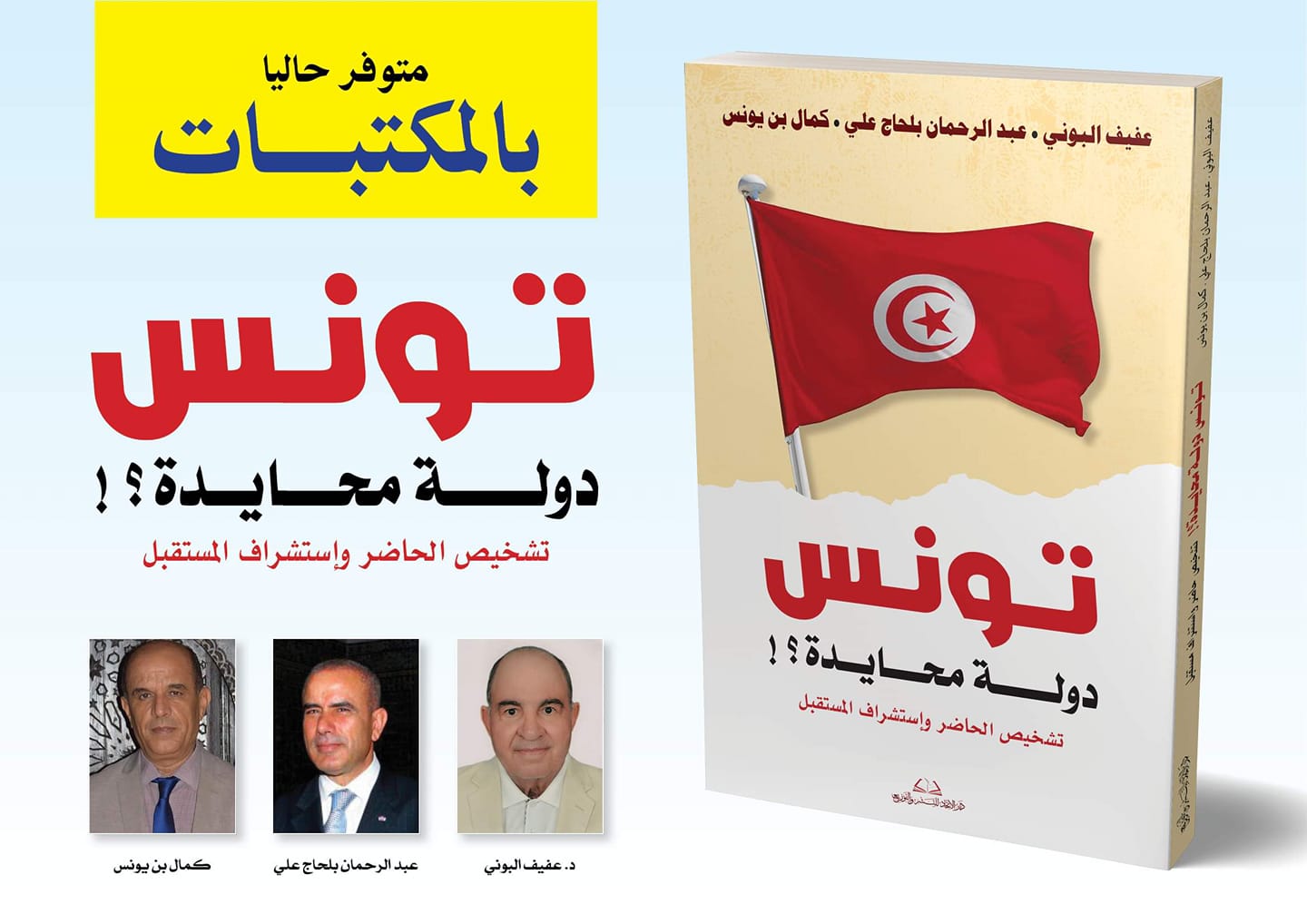Tunisia, African – Arab and Euro-Mediterranean country , can he afford the « luxury » of being a neutral country, with regard to certain « small rich states » in Europe, such as Switzerland, neutral since 1815, Sweden , Finland, Austria and Malta?
The world seems to be moving towards the aggravation of the conflicts of interest between the great powers, especially in Africa and Asia, where emerged new regional and international conflicts aggravated by the Corona virus pandemic.
Regional and international new armed conflicts and « proxy wars » confirmed the « historical » aspect of geo-strategic transformations in Euro-Mediterranean areas, in Asia, in Africa and in the « Great new Middle East » .
In this new regional and global situation, small countries like Tunisia, have an interest in confirming their « non-alignment » with the new economic politico-military « axes ».
The neutrality in the conflicts of interest of the rich countries is a card to play, even if certain superpowers policy for decades is: « with me or against me ».
This book, produced by 3 researchers and multidisciplinary intellectuals, offers 3 academic and analysis- reflection studies, a summary essay as well as practical suggestions for decision-makers who would be in favor of a new foreign policy for an independent Tunisia, « neutral » but » pragmatic « , realistic and » efficient « .
The 3 authors of this book, the academics Afif Bouni, Abderrahmen Haj Ali and Kamel Ben Younes, gave 3 papers which highlight the arguments of diplomats and experts who encourage the adoption of a rather independent and « neutral » foreign policy.
The big challenge is now to ensure a balance between the respect of the traditional international commitments of the State and a new « vision » which would give priority to the national interests of the country and to its own agendas.
Non-alignment and neutrality, non-interference would help the state to serve the interests of the country, instead of getting involved in the conflicts of the great regional and international powers competing for decades to get their hands on the wealth and the strategic sites of « third world » countries including those in the southern Mediterranean region.
This book offers experts in international studies and geo-strategic transformations a collective reflection, a debate between the elites, in order to serve the interests of the people, of the national state and to confirm its economic and political independence.
However, neutrality does not mean closing borders or failing to respect regional and international state commitments, including in support of peace processes, the fight against organized crime and global terrorism.
Rather, it would be a new perception of non-alignment and neutrality, 66 years after the famous Bandung conference in Indonesia.





